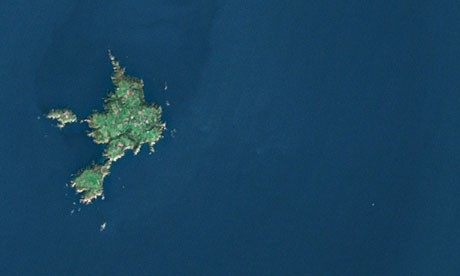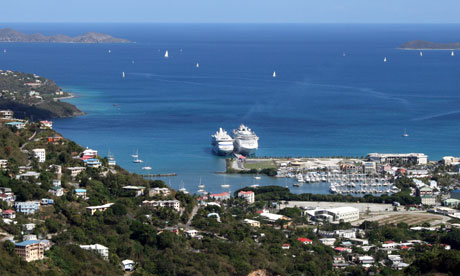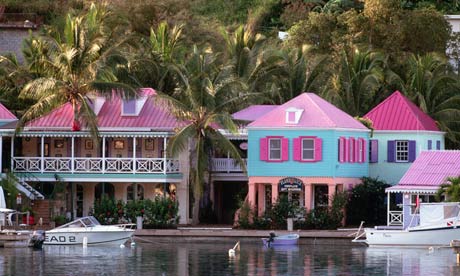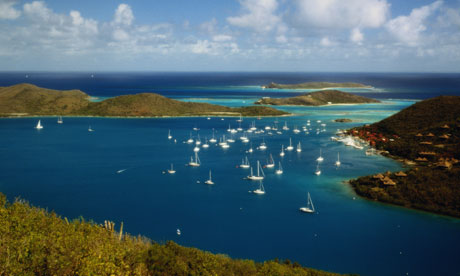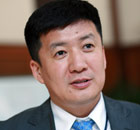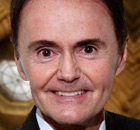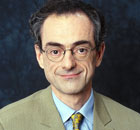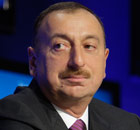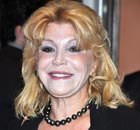Increasingly young players (and their parents) look at them as ways to generate returns on investment
April 5, 2013
Text size: A | A

| |||
A few years ago my son was protesting about the way he had to prepare for his ICSE exams. "I won't be tested on my knowledge anyway…" he started. "They only want to check if I can reproduce the answers that someone has already written." He was right, our education system seeks to produce homogeneous masses, production lines of identical students. This reduces us to excellent followers of a particular system.
I was reminded of that when I read Greg Chappell's thought-provoking article in the Hindu about how modern batsmen are struggling to "survive, let alone make runs, when the pitch is other than a flat road where the odds are overwhelmingly in the batsman's favour". He thinks it could be a result of academies that "do not produce the creative thinkers that become the next champions", and whose "highly intrusive coaching methods… have replaced those creative learning environments".
Even as academies mushroom everywhere, there is little proof that they are enriching Indian cricket and not merely providing another source of income to retired cricketers. It is a good exercise at social events to say, "You know, my son goes to such and such academy run by so and so former cricketer", but it does little else. My fear is that it thrusts eager children into another school of regimented learning; instead of the unfettered joy of hitting and chasing and bowling a cricket ball, they are checking out their stance, their foot movement and the alignment of the shoulder. That is like answering a question on five aspects of the architectural layouts of 16th century temples, instead of learning history. Sport can run the risk, as my friend Shyam Balasubramaniam says, of "becoming an industrial time and motion study".
You can see why academies flower in urban jungles like Mumbai, where playgrounds are cruelly encroached upon. With no place of your own, you get pushed into camps; cramped, crowded factories where you pay to become nobody. When you pay a stiff fee, you very quickly start looking for returns on it. Playing cricket becomes an exercise where returns are sought on monetary investment. Mumbai understands that language well, and so, caught between no space, long journeys and expensive gear, potential cricketers become insecure and feel the need to produce results quickly. The fun goes out of it, and fun is such a vital ingredient in producing a champion. When you are growing up, when you are learning, you have to play for no reward, and it is my thesis that that is where a financially driven city like Mumbai loses talent early.
And so as playgrounds vanished, as time began commanding a premium, as academies flourished and as experiential learning diminished, Mumbai started going downhill. They still win the Ranji Trophy but the only genuine international Mumbai have produced since Sachin Tendulkar is Ajit Agarkar in one-day cricket. One in 24 years is poor.
Chappell also talks about MS Dhoni, and of how he evolved his own style, unfettered by a curriculum. That is how it should be, with a player free to play in the way that comes naturally to him. Academies can then become finishing schools where you nudge a player a bit here, prod him a bit there but largely let him remain the natural player he is. I think that is best done when a player is around 16. I know that is the age when Tendulkar played international cricket but he was a freak; you cannot hold him up as a product of a system. Critically, Tendulkar was not over-coached; his heavy-bat, bottom-handed style would never have survived otherwise. What Ramakant Achrekar did was make him play matches, face different bowlers, different situations, and though his arm was on his ward's shoulder, though they talked cricket, Tendulkar learnt to play it by himself.
And so, accepting that Tendulkar is an aberration, and almost from another era, I am convinced that the best talent will come out of the small towns, where time and space are not rapidly perishable commodities; where a young Harbhajan Singh wants to bowl late into the evening with a revved-up scooter providing light. There are academies there too, but players who emerge from those places seem to talk fondly about their coaches, amateur sports lovers who give freely of their time.
If academies can retain joy, and provide time, they will give themselves a chance of producing unique cricketers. But if coaches and parents are looking at academies for a quick return on investment, they will continue to gobble up talent.
